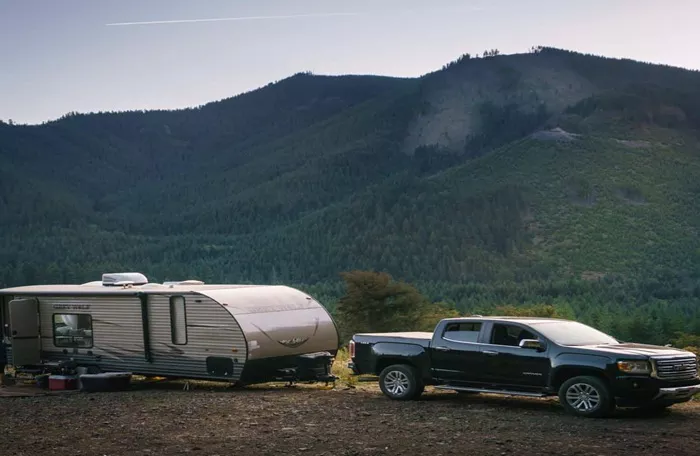Boondocking is a popular term among campers and RV enthusiasts. It refers to camping in remote areas without hookups like water, electricity, or sewage. Many people love boondocking because it offers freedom and solitude. But where does the word “boondocking” come from? Let’s explore its origins, meanings, and why it’s such a big deal in the camping world.
The Origins of the Word “Boondocking”
Military Roots
The term “boondocks” originally comes from the Tagalog word bundók, which means “mountain” or “remote area.” American soldiers stationed in the Philippines during the early 1900s adopted the word. They used it to describe rural, undeveloped regions. Over time, “boondocks” became slang for any remote, wild place.
Evolution into Camping Culture
RV and van life communities later adopted “boondocking” to describe off-grid camping. Unlike traditional campgrounds, boondocking means relying on self-sufficiency. No water hookups, no electric connections—just you and nature.
What Makes Boondocking Special?
Freedom and Adventure
Boondocking lets you camp away from crowded RV parks. You can stay in national forests, deserts, or Bureau of Land Management (BLM) areas. There are no reservations or fees in many spots. You just find a safe, legal place and set up camp.
Self-Sufficiency
Since there are no utilities, boondockers must prepare. Solar panels, generators, and large water tanks help. Many campers use composting toilets to avoid needing a sewer hookup. Learning to conserve resources is part of the fun.
Connection with Nature
Without the noise of campgrounds, boondocking offers peace. You might wake up to birds instead of generators. The stars are brighter, and the air is fresher. It’s a great way to disconnect from busy life.
Where Can You Go Boondocking?
Public Lands in the U.S.
Many public lands allow dispersed camping (another name for boondocking). Some top spots include:
- BLM Land – Free or low-cost camping, especially in Western states.
- National Forests – Often permit dispersed camping unless marked otherwise.
- Wildlife Management Areas – Some allow overnight stays.
Always check local rules before setting up camp.
Boondocking Etiquette
Since boondocking is about respecting nature, follow these guidelines:
- Leave No Trace – Pack out all trash.
- Stay the Allowed Time – Most areas limit stays to 14 days.
- Avoid Sensitive Areas – Don’t damage plants or wildlife habitats.
Challenges of Boondocking
Limited Resources
Without hookups, you must manage water and power carefully. Some campers use:
- Solar panels for electricity.
- Extra fuel for generators.
- Water filters to refill from natural sources (where safe).
Weather and Terrain
Remote areas can have rough roads. A heavy rain might make dirt paths impassable. Always check weather and road conditions before heading out.
Safety Considerations
Wild animals, extreme temperatures, and lack of cell service can be risks. Bring:
- A first aid kit.
- Emergency communication devices (like a satellite phone).
- Maps in case GPS fails.
Why Do People Love Boondocking?
Cost Savings
Many boondocking spots are free. Even paid ones are cheaper than RV resorts. This makes long-term travel more affordable.
Privacy
Unlike packed campgrounds, boondocking offers solitude. If you pick a good spot, you might not see another person for days.
A True Outdoor Experience
Boondocking strips away modern comforts, bringing you closer to nature. It’s camping at its purest.
Conclusion
Boondocking comes from military slang but has become a beloved way to camp. It means freedom, adventure, and self-reliance. Whether you’re in a van, RV, or tent, boondocking lets you explore wild places on your terms. Just remember to plan well, respect nature, and enjoy the journey!
Would you try boondocking? With the right preparation, it can be an unforgettable experience. Happy camping!
Related topics:

